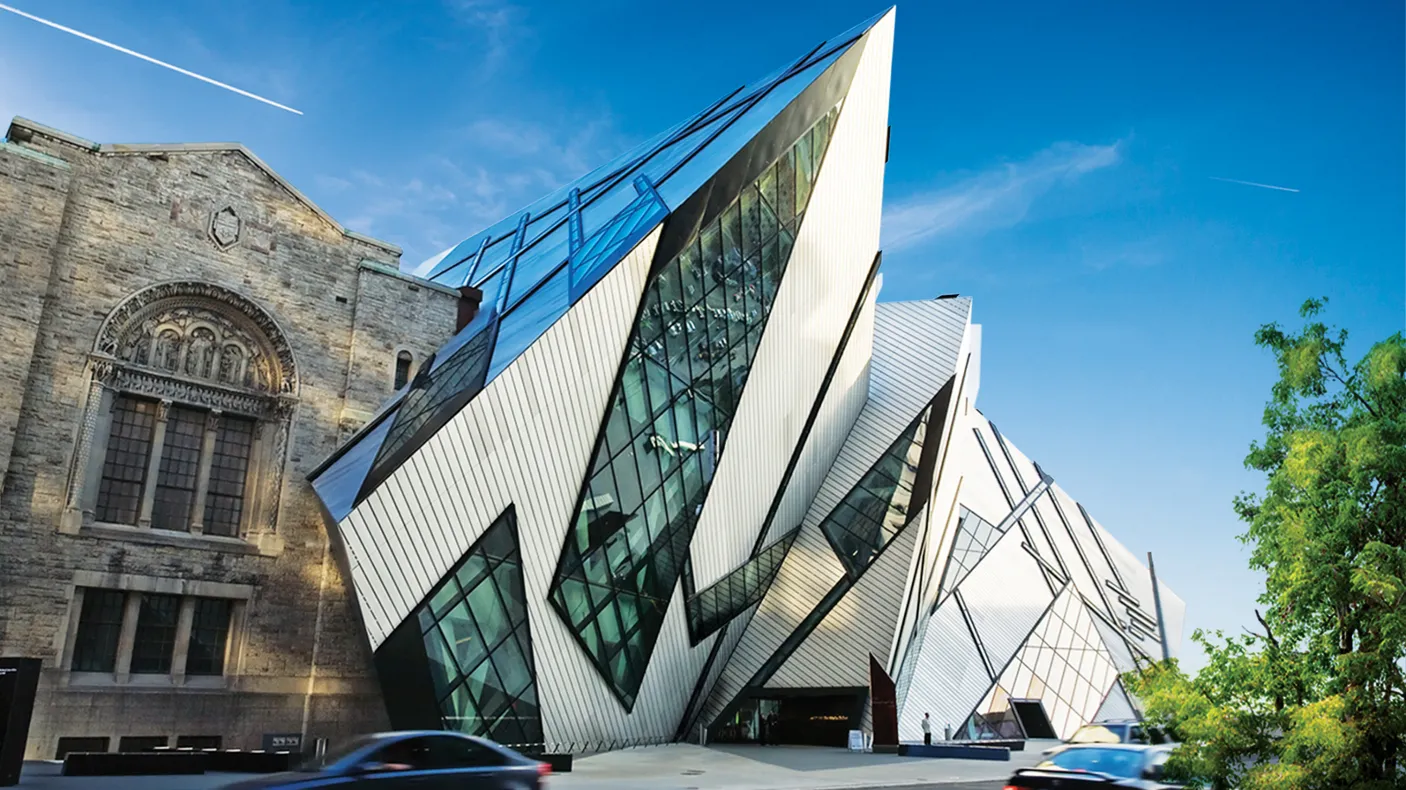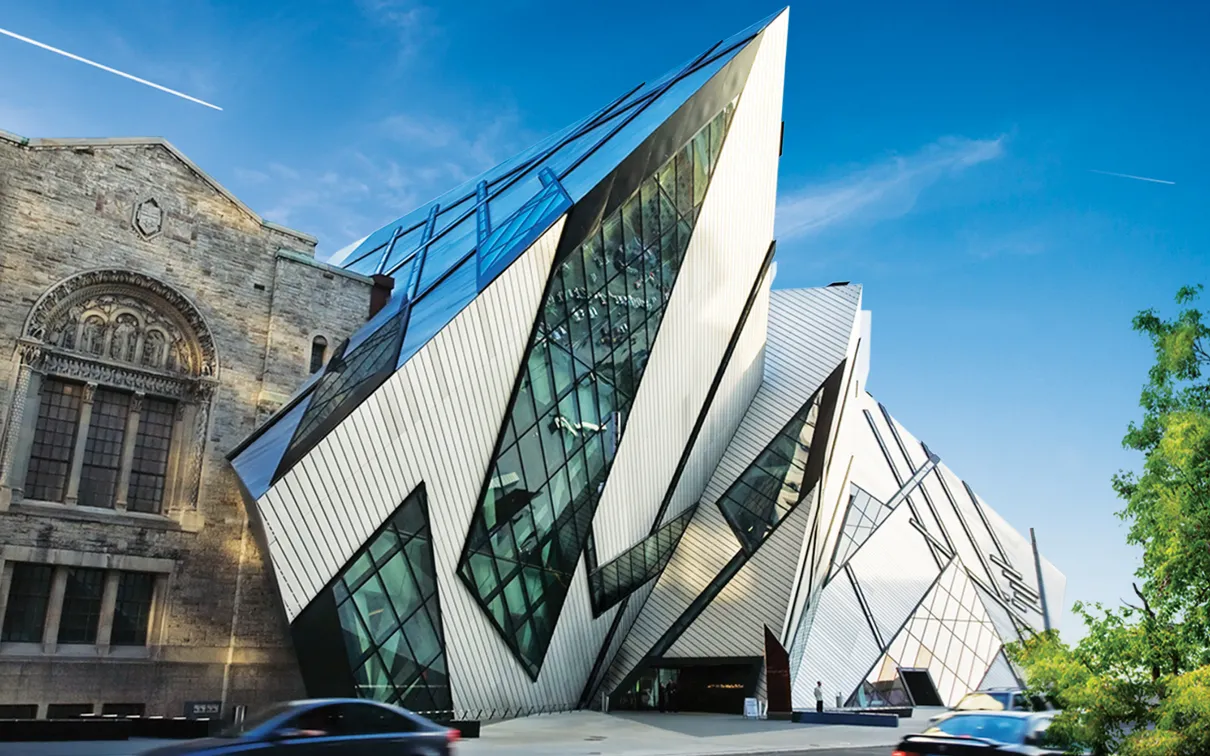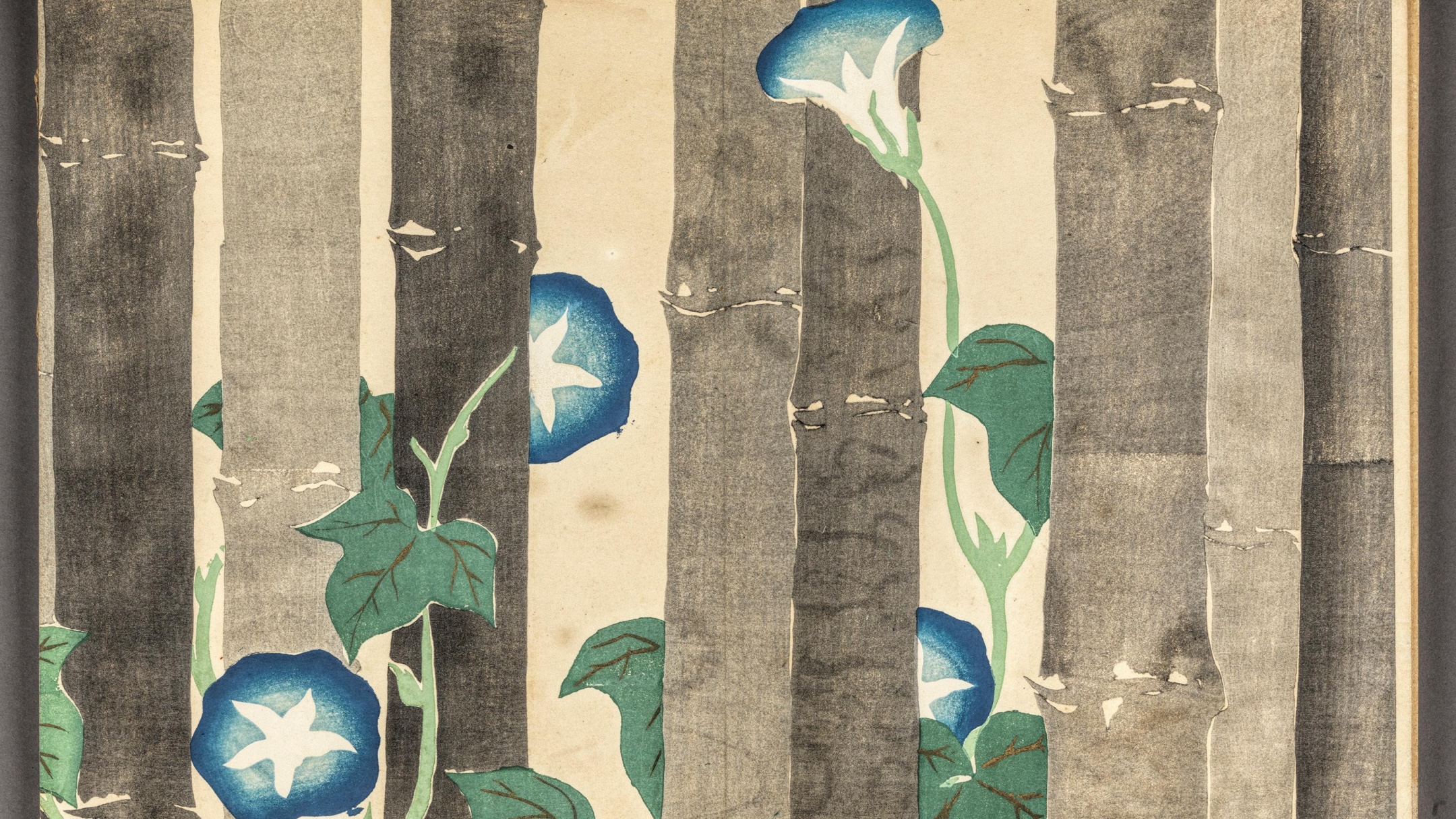Faces to Remember: Chinese Portraits of the Ming and Qing Dynasties (1368 - 1911)
Published
Category
Press Release
Portraits of the finest quality from the ROM’s Chinese collection displayed in the Herman Herzog Levy Gallery from May 18

Showcasing a culturally important, but often-overlooked aspect of Chinese art and culture, the exhibition’s portraits are astonishing in their detail and embedded symbolism. The visual appeal of the exhibition’s 25 works – some remarkably large - is enhanced by a number of sartorial and personal accessories, objects carefully selected for their resemblance to those seen in the paintings.
Dr. Ka Bo Tsang, ROM Assistant Curator, Chinese Pictorial Arts, is the exhibition’s curator. She explains, “Portraits are a way to commemorate people, whether known or unknown to us. The portraits displayed in the exhibition, as well as the personal accessories, provide us with a better understanding of the Chinese people of the past, their aspirations and moral values.”
Faces to Remember showcases traditional Chinese portraiture as well as Western influences on Chinese painting techniques. It also examines Chinese concepts of celebrating memories of the dead; explores the reasons behind the commissioning of portraits; and illuminates the techniques used by painters to meet their clients’ expectations.
These paintings, on paper or silk, portray members from all classes of society during the Ming and Qing regimes. Scholars, civil officials, elderly men and women, members of the imperial clan, military officers, a mother and two young sons, a father and an adult son, and several members of one family are among the portraits’ subjects. Numerous indicators of the sitter’s social status, including clothing, are evident in each work. While visitors can expect enlightening contextual information about the sitters’ lives, delivering a better understanding and appreciation of the portraits and those depicted in them, little is known of most artists behind the paintings, not even their names.
Highlights abound in this intimate exhibition, including Portrait of the Elderly Master Jing, created to celebrate his new official appointment in an interesting and vibrant locality; Portrait of a fourth-rank official, executed in oil on paper – materials unusual in both Western and Chinese painting traditions; and Portrait of Yang Moulin, a classic example displaying all features typical of a Ming-dynasty ancestor portrait.
Faces to Remember: Chinese Portraits of the Ming and Qing Dynasties (1368 – 1911) is included with general Museum admission. Visitors are encouraged to stop into nearby galleries devoted to Chinese art, sculpture, architecture, and temple art to fully round out their exhibition experience.
Herman Herzog Levy Gallery
Located on Level 1 of the ROM’s Philosophers’ Walk building, the Herman Herzog Levy Gallery is the Museum's main venue for its diverse slate of rotating East Asian exhibitions - themed displays drawn from its vast collections of Chinese, Japanese and Korean artifacts. The continually changing nature of the Levy Gallery allows it to showcase the broad scope and diversity of the ROM's collection of Far Eastern art, while ensuring the preservation of these objects. The gallery is named after Dr. Herman Herzog Levy (1902 - 1990), collector of East Asian art and long-time friend of the ROM. Thanks to Dr. Levy’s generosity, nearly 300 objects of East Asian art have been added to the Museum’s collection.


